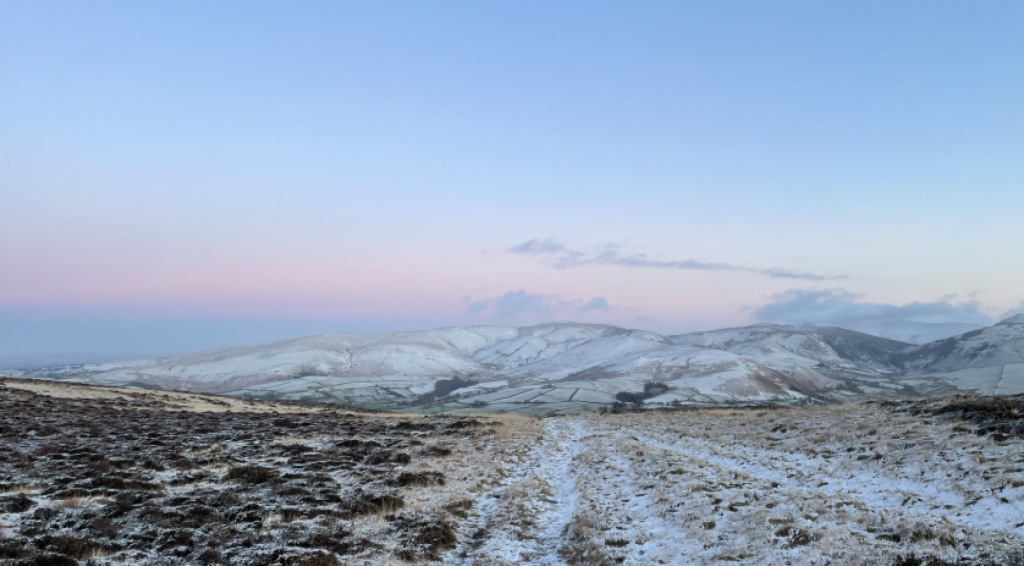Richard Phoenix

Richard Phoenix is an artist that works in paint, drawing, writing and music with an emphasis on how these things can help people be together. He works with autistic and people with learning disabilities, encouraging people to make and share art.
Richard started his artistic career when he was 16 playing in bands with his friends, he predominantly played the drums. These bands are where Richard came to value a DIY approach to creation, he values the idea that anyone is capable of becoming a musician and sharing their work. He sees it as an empowering process that helps communities and individuals overcome obstacles and achieve their goals.
In 2006 Richard moved to Brighton and started volunteering for an organisation called carousel that supported artists with learning disabilities. This was his first exposure to working with people who had learning disabilities. He recalls being blown away by a band called ‘Beat express’ who played at one of the gigs, and describes it as a lightbulb moment where he realised he had never seen bands with learning disabilities. This moment sparked 15 years of work, his aim is to get these bands the time and space they need to produce more music and play for more people. Richard started using the skills he had learned playing in DIY bands to support these new bands, putting on shows and recording. Richard started a night in Brighton called ‘rock house’ which gave time for these bands with learning disabilities to play every month, this night has been going for 10 years and is still going.
Richard fell in love with a Finnish punk band called PKN, and he was determined to get them to play in England. To do this he started an organisation called ‘Constant Flux’ in order to be eligible to apply for arts council funding, he managed to get £10,000 to bring them on tour. Phoenix describes the merging of working learning disabilities bands and DIY punk bands as a life changing experience, he managed to find a way to get these bands a diverse audience.

Richard later produced a one page print manifesto for Goldsmiths fringe and underground music group called ‘DIY as privilege- 13 point manifesto for musicians’. This was designed to talk directly to DIY music scenes, and to ask them to consider access within their scenes, to consider who is not in the room and what they can do about it. Richard started fundraisers to provide practice spaces, to transport people to and from the spaces, and to pay for shows. This lead to people with communication barriers being able to work together in order to write songs, Richard makes a point of saying that the money is used to provide structures that help people to do it themselves, this maintains agency and creative freedom.

The manifesto was later expanded and published for rough trade books. Here Richard included more personal stories from creative people that he knows, had worked with or supported. Richard clarifies that he is not speaking on behalf of disabled people, he is speaking on behalf of himself. The experiences he has had working in his field and putting on the events he has, as he says, shifted the way he sees the world and making music. This book was intended to share that knowledge with other people to try and influence their perspectives. Richard says that one of the big issues with disability is fear, fear of doing the wrong thing that stems from ignorance. This ignorance is put upon us and disability can be a very silent part of society.
‘Every art-form is intimately related to a type of life experience. The difference between chamber music and jazz is not one of quality, finesse, or virtuosity but two ways of life, which the people involved did not choose but were born into.’ – John Berger
I do think it’s too easy to be set in your own perceptions, due to our experience of life many people unknowingly have a solipsistic outlook. We should make the effort to consider others experiences and perceptions in the creative field. I’ve always been focused on the process of making and the only thing that matter to me is if like it. However I do think it’ll be interesting to explore the perception and origins of art, much like Sam Auinger talking about all of our perceptions of sound being different. Ive rented ‘Ways of seeing’ by John Berger from the library and Im going to give it a read, id like to see if it applies to my practice.
